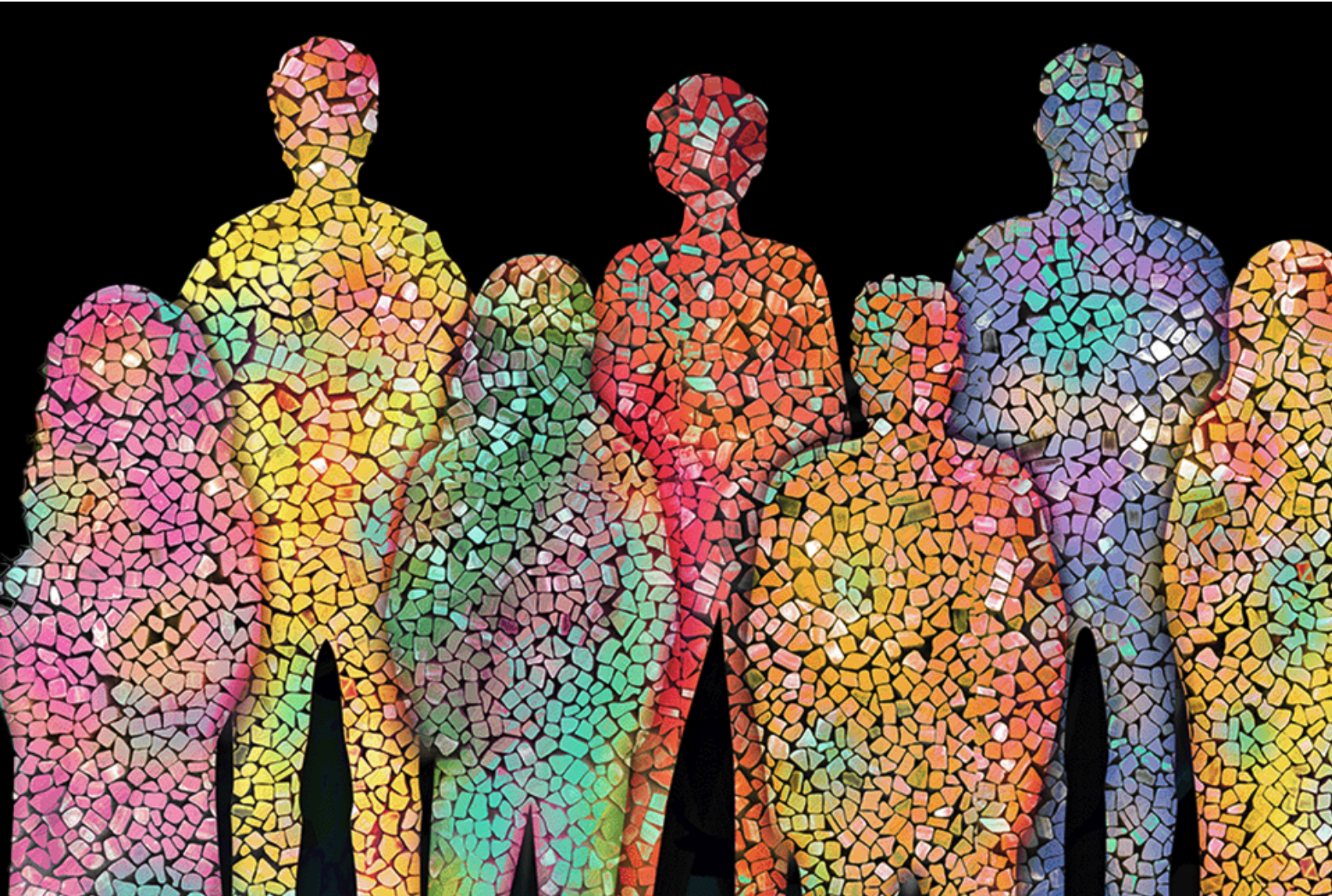Welcome to the Landau Lab
Defining human somatic evolution through advanced genomics technolgies

Uncovering the functional, temporal and spatial features of somatic cell evolution
The human somatic genome collectively represents the product of trillions of cell divisions over an individual’s lifespan. Thus, tissues are not homogenous, but rather contains a multitude of clones. Our research answers key mechanistic questions about somatic evolution, using genomics to provide a window into this next frontier of human genetics.
Latest News
Explore our exciting projects









